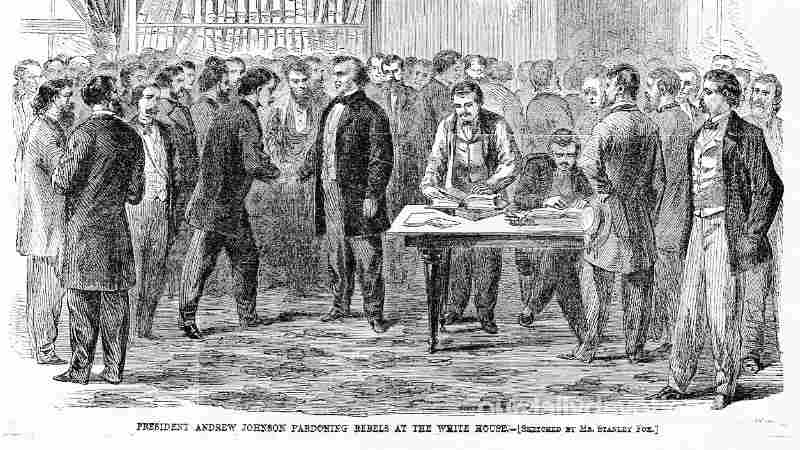The change of the stars was since ancient times the foundation of chronology or measurement of time among eastern peoples.
In Israel, the lunar year was used above all (354 days = 12 months of 29 or 30 days each).
If the lunar year had been followed without any attention to the solar year, the festivals, over some 40 years, would have run from beginning to end throughout the year. To avoid this, a month of compensation was occasionally added, also in Israel, as had been done in Mesopotamia; The Old Testament says nothing about this.
Some Jewish groups had other divisions of the year: 1 year = 364 days = 52 weeks of 7 days each. This division consistently maintained the weekly division; The holidays fell every year on the same day of the week.
But since compensation days were not allowed, the festivals moved through the year the same as in the lunar calendar, but about ten times slower. Finally there was a system that divided the year into 7 parts of 50 days each, to which 16 days were added each time (cf.: 50 days from Easter to Pentecost).
Spring and autumn are mentioned as the beginning of the year. A chronology from a certain point in time is unknown. The sums of years over a period (e.g. 300 years in Judges 11:26) are subsequent calculations.
In the time of the kings it was counted according to the time of their reign (1 Kings 15:1, 25); then, from an important event (for example the captivity: Ez. 1:2; 2 Kings 25:27).
The year was divided into 12 months (not counting compensation months). The beginning of the month was determined by the observation of the moon. The oldest names of months known to the Holy Scriptures are:
Abib (month of ears of grain, March/April; Ex. 14:4 and others)
Ziv (month of flowers, April/May; 1 Kings 6:1 and others)
Ethanim (harvest month, September/October; 1 Kings 8:2)
Bul (rainy month, October/November; 1 Kings 6:38)
Later the months were simply counted, for example "the fourth month" (Ez. 1:1). The numbering was linked to the old names by means of glosses, for example in 1 Kings 6:1 it speaks of the month ziv, adding "which is the 2nd month."
From the captivity onwards, but not before, the Assyro-Babylonian names of the months began to be used:
Nisan (March/April; Est. 3:7),
Iyyar (April/May),
Sivan (May/June; Est. 8:9),
Tammuz (June/July),
Ab (July/August),
Elul (August/September; Neh. 6:15),
Tisri (September/October),
Maresván (October/November),
Kisleu (November/December; Neh. 1:1),
Tebet (December/January; Est. 2:16),
Sabbath (January/February; Zech. 1:7),
Adar (February/March; Est. 3:7).
As a month of compensation, either a second elul or a second adar was added. These names were not suppressed when Macedonian names were later introduced.
The cycle of 7 days of the week was independent of the course of the year and the month. Its beginning and end did not depend on the beginning or end of a year or month. The Egyptian week was 10 days, and it was precisely the Hebrews who introduced the 7-day week.
The days of the week did not have names, they were simply numbered (cf. Mt. 28:1), except for Saturday and, later, the day before, called "preparation day." The day was counted from sunrise to sunrise (cf. Gen. 1:5); later, from sunset to sunset (of importance for the fulfillment of the precepts on the Sabbath).
Every seventh year was a year of solemn rest for landowners, slaves, pack animals, and land, and the year of freedom for Hebrew slaves. Every 50 years there was a year of jubilee: families were reunited, debts were forgiven, and lands were returned to their original owners (Lev. 25:8-17). The Jewish day began at sunset with the rise of the first stars.
Meaning of CALENDAR
The change of the stars was since ancient times the foundation of chronology or measurement of time among eastern peoples.







